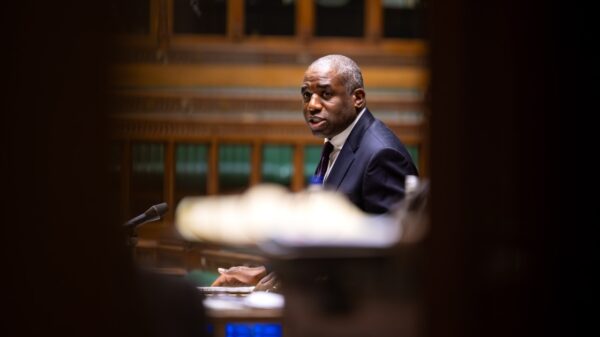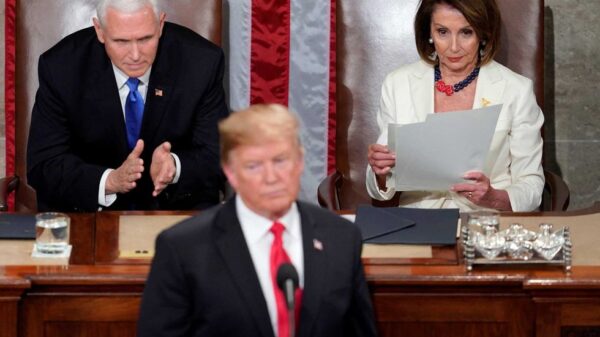In a recent interview on “Face the Nation,” Senator Mark Warner, the top Democrat on the Senate Intelligence Committee, expressed significant concerns regarding the U.S. economy and the potential impact of artificial intelligence (AI) on job markets. During the discussion with host Margaret Brennan on September 7, 2025, Warner emphasized the need for accurate economic data, while highlighting the challenges facing American workers.
Economic Data Under Scrutiny
Warner rejected the notion that the economic data released by the Bureau of Labor Statistics (BLS) is fundamentally flawed. He described the BLS as a “gold standard” for economic reporting, recognized both domestically and internationally. However, he acknowledged that reforms could be beneficial. “It’s ironic that you’re firing the referee,” he stated, referring to recent staffing changes at the BLS. Warner pointed out that since the start of President Trump’s term, the U.S. has lost 80,000 manufacturing jobs, leading to a stagnation in hiring.
He expressed concern for families, particularly those with members entering the workforce. “The job market is tough, especially for recent college graduates,” Warner said. He warned that the U.S. is on the brink of experiencing “the biggest job dislocation in our history” due to advancements in AI, which could disproportionately affect jobs traditionally filled by new graduates.
Contradictions in Technology Policy
Amid discussions about AI, Brennan noted the presence of several tech leaders at the White House, including Bill Gates, the founders of Microsoft, and CEOs from Google and Apple. They praised President Trump for investments in chip manufacturing. Warner clarified that the foundation for these investments originated from the bipartisan Chips Infrastructure Act, which he co-sponsored with Senator John Cornyn, allocating $52 billion for domestic chip production.
Despite this, Warner criticized Trump’s mixed messaging regarding chip manufacturing. He pointed out that while the President promotes American chip production, he has also relaxed restrictions on the sale of advanced chips to China. “How do we reconcile this if we want to build American capacity while maintaining our lead against China?” he questioned.
Warner also addressed the recent challenges he faced regarding oversight of intelligence operations. He noted that he was blocked from attending a meeting at the National Geospatial Intelligence Agency in Virginia, a situation he described as unusual for someone in his position. “These meetings are part of the normal course of business,” he explained, emphasizing the importance of congressional oversight in intelligence matters.
His concerns extended to the influence of controversial figures, such as right-wing blogger Laura Loomer, who has been involved in various contentious activities. Warner expressed alarm over Loomer’s growing influence and questioned the implications of restricting congressional access to intelligence facilities. “If we restrict Congress’s ability to do oversight, particularly with this administration, we are flying blind,” he cautioned.
Concerns Over Military Operations
When discussing military operations against drug trafficking, Warner responded to comments made by Secretary Marco Rubio, who suggested that boats carrying illegal drugs represent a national security threat. Warner noted that the recent operation to intercept such a vessel was not coordinated with the intelligence community, raising legal and safety concerns. He stated, “There are international laws of the sea that must be followed,” expressing worries about the potential risks to U.S. sailors involved in the operation.
As the interview concluded, Warner reiterated his commitment to ensuring that Congress remains informed about critical intelligence operations and the importance of maintaining oversight in the face of growing complexities in both domestic and international affairs.
Senator Warner’s insights underscore the pressing issues related to the U.S. economy, the evolving role of technology, and the essential nature of effective oversight in maintaining national security.








































































